Pet Ownership
Useful advice Moving day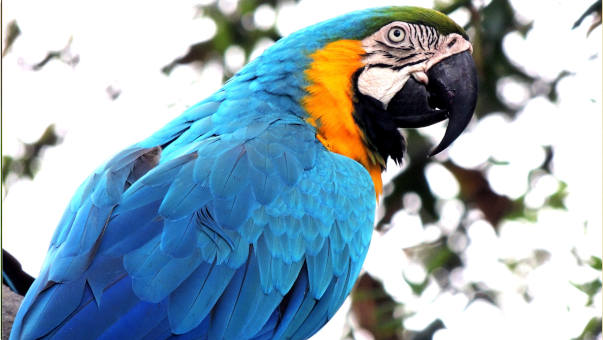
Useful Advice
- When looking for a new property, allow yourself at least 6-8 weeks before you need to move out to search for a pet friendly property
- Do not attempt to sneak pets into your new property without having informed your new landlord, this could be used as grounds for termination of your tenancy
- Make sure that you have written permission from the landlord allowing your pets, and that any references to no-pets clauses in your tenancy agreement have been removed prior to signing it
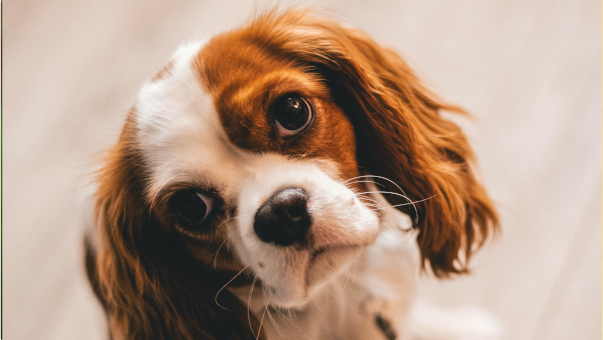
Moving in with your pets
To help with you move, here are some activities that you may want to follow to make the move easier for everyone
Before moving day
- While moving there are will be alot of work involved with organising your furniture, cloths, appliances, etc. with all of this activity certain pets may become distressed, if possible it may be easier to arrange for a friend, family memmber, or kennel to look after your pets
- Any microchips that your pets may have, should be updated to your new address
- Consider looking for a new vet in your new location, so that you can register with them
- Some pets do not travel well, your vet may have anti-sickness medication availible that could help
- on the day before your move, if you have a cat, keep it inside overnight so that its ready to come with you on moving day
On the day of the move
- When preparing to leave your previous residence, keep your pets in one room, if you have removal people helping out, let them know which room contains your pets so that they do not disturb or accidentally release your pets
Transporting your pets
- If your pets do not travel well, refrain from feeding them up to 3-4 hours before the move to help reduce their sickness
- Make sure you have fresh water available, and a drinking bowl, especially for long journeys
- If you take breaks on the way, do not leave your pets inside the vehicle as they could overheat
- Your pets should be secured in the car in suitable cages or harnesses, having a free roaming animal in the car in the even of a crash could be deadly for both the animal and passengers as it would become a letal projectile if left unsecured
- Provide your pets with some of their toys for the journey
After your move
- Find a room where you can place your pets in, and leave them there with their toys while you are busy organising your property
- If you had a regular routine for walks or feeding times, try to maintain the same schedule as before, as this familiar routine will allow your pets to relax into their new environment
- Cats should be kept indoors for 2-3 weeks after your move, to give them time to adapt to their new environment.
Landlords and agents
Providing a reference Freehold & leasehold Pet clause policy Landlord insurance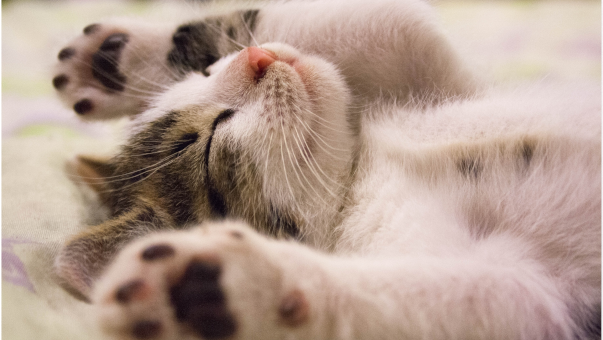
Providing a reference
If you are looking to rent a property and are bringing pets with you, or are intending to acquire pets after taking up residence. We ask that you attempt to get a reference from your previous landlord, If you are unable to get a reference from them, we will also accept references from any regular veterinarian that you have frequented. Please present to them the following list of questions so that we can gain a better understanding of your suitability as a pet owner.
- How long did you live in your previous home with pets?
- What pets did you have with you during that time? (are they same pets you are bringing with you now?)
- Does your previous landlord consider that you were a responsible pet owner?
- How well behaved are your pets?
- Was any damage caused to the property as a result of your pets?
- Did any neighbours or visitors complain about the pets?
- Do the pets appear to be in good health and not showing any signs of mistreatment or neglect

Freehold & leasehold
If you are bringing pets with you, or intend to acquire pets, please inform us when applying for a property, as there may be conditions that you would need to consider.
Freehold Advice
Freehold properties usually do not have any restrictions against pet ownership, but for certain older properties (or properties with special listed status), certain conditions may apply that affect your ability to own pets at that location.
Leasehold Advice
Leasehold properties may enforce limitations upon your ability to own pets, this is based upon the terms of your lease agreement. Please read through your lease agreement paying special attention to any terms that relate to pets, as this will determine what types of pets are allowed (if any), and what conditions must be met before pets will be allowed into the property
If you find that the lease does restrict your ability to have pets, we are able to liaise with the property owner on your behalf, and will seek to make arrangements or adjustments to the terms that may cater to your requirements
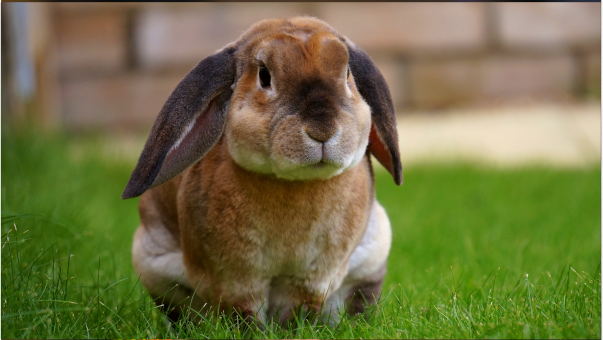
Pet clause & policy
As part of your tenancy application, please provide us with a list of the following details for each pet you own
- The pets name
- The animal type [Dog/Cat/Rat/...] and breed [Pug/Bulldog/Poodle/...]
- Age
- Sex
- Microchip Number (if applicable)
- Neutered status
You may print out as many Pet information forms as you require to help you with this task.
We will then be able to add them into the terms of your tenancy agreement, and store this information in our system
Pets that you identify here will be subject to our Pet Policy, no further pets will be allowed at the property without written consent acquired from consulation with the landlord
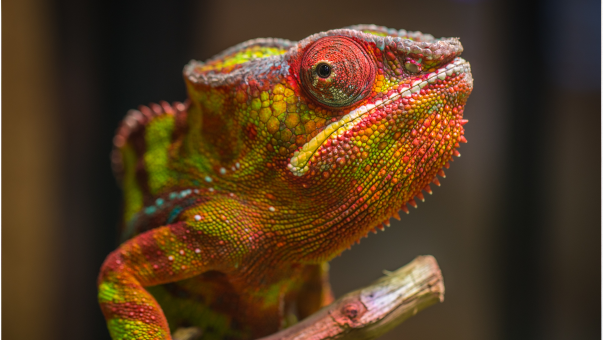
Landlord insurance
If you are a landlord and considering renting your property to a tenant with pets, you should consider if your current insurance covers you for building and contents, especially relating to accidental pet damage, we recommendd that you take out the appropriate level of cover to give yourself peace of mind.